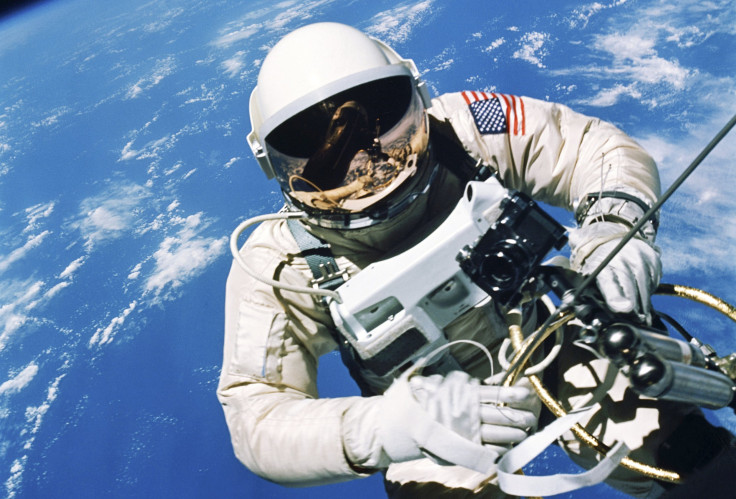Space tourism triggers interest in health risks and medical emergencies in space

Imminent space tourism has triggered new interest by medical researchers in health risks connected to space travel. Experts are also investigating ways to tackle medical emergencies in space, including on NASA's International Space Station (ISS).
Australian doctors have met in Adelaide to discuss the medical risks associated with space travel as part of a three-day conference organised by The Australasian Society of Aerospace Medicine. The conference is focused on medical challenges surrounding humans in space, reports the Australian Broadcasting Corporation.
“Space environment, vacuum, extremes of temperature, radiation and weightlessness are pretty tough on the human body,” says guest speaker and former astronaut, Dr. Robert Thirsk. Thirsk, a Canadian, has spent 205 days in space.
The risks of space travel are still more or less unknown, says Dr. Gordon Cable from The Australasian Society of Aerospace Medicine. According to him, a lot of research is still needed on the subject.
Meanwhile, experts are also mulling ways to tackle medical emergency in space, especially on NASA’s International Space Station. While astronauts on ISS are trained in lifesaving skills such as stitching a wound, giving an injection and tooth extraction, handling a serious medical emergency is something else altogether, reports the BBC.
These astronauts have a lightweight ultrasound device that can generate clear pictures of the insides of their bodies that can even relay them to a medical team on Earth for diagnosis. However, they have no facilities to help fix the problem on the space station.
The best way to handle it would be to return the patient to Earth in the Soyuz spacecraft through a three-and-a-half hour journey, says Dr. David Green, senior lecturer in Aerospace Physiology at Kings College London. However, the Soyuz also lacks in life support facilities which could cause problems in bringing the patient back to Earth.
Though the risk of a serious illness or medical emergency is small, it still accounts for a one to two percent possibility a year, says Dr. Green. According to him, a medical emergency is thus bound to happen on the ISS sooner or later.
Dr. Fred Papali, who works in critical care medicine at the University of Maryland, US, suggests learning from medical emergencies in remote regions on Earth. He himself has worked in emergency wards in hospitals in Haiti and Sudan.





















